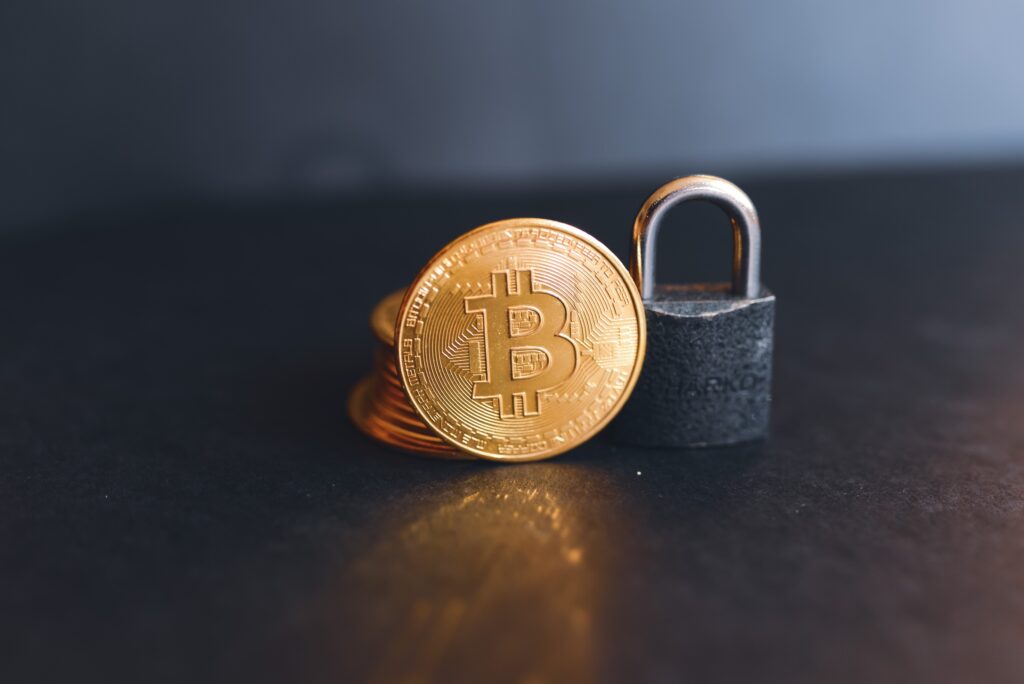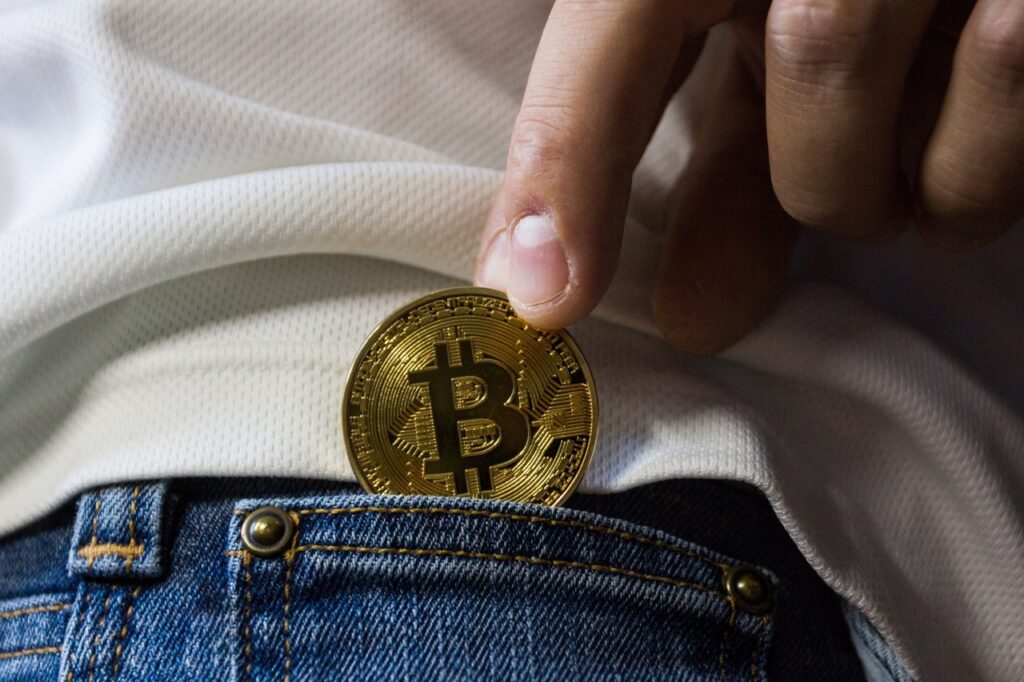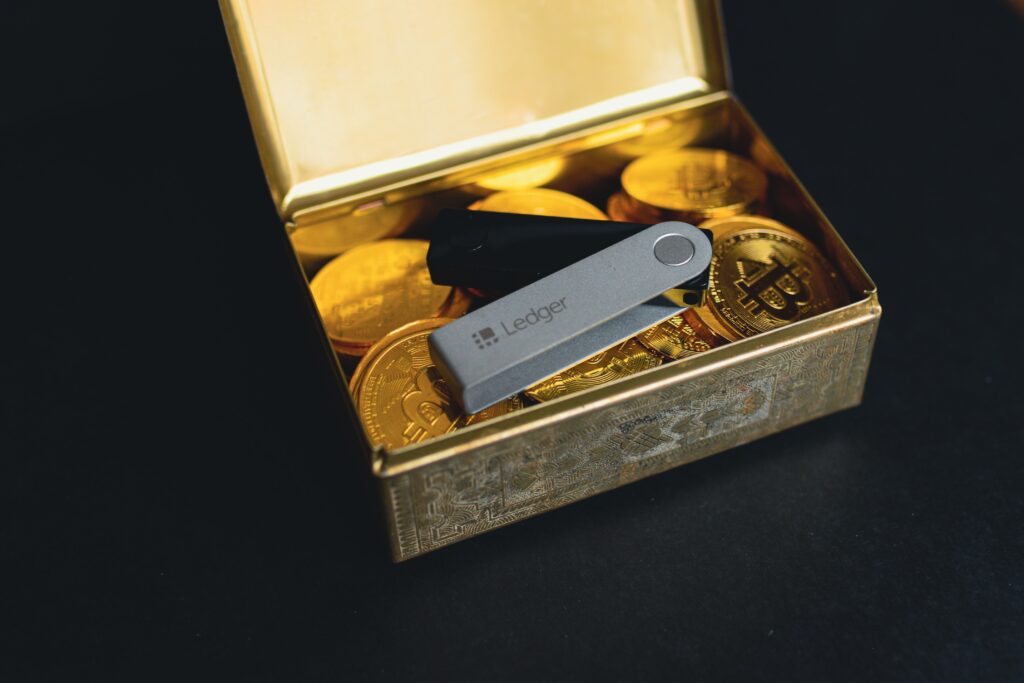How to protect yourself from crypto frauds: Tips and tricks for prevention
In one of the previous articles, we cover the most common frauds you should keep an eye on when you are trading with cryptocurrencies. In this episode, we continue with the related topic dedicated to protecting from and preventing those scams. It is inevitable to pay attention to various methods and techniques to keep yourself safe. Let’s unhide them!

Ask questions, find answers
Before you buy or pay for something with cryptocurrency, know the seller’s reputation. If you are about to invest in a new project, do some research about team members or management on board. How well are they doing? Do they complete their goals in time?
Sometimes it is all about asking those right questions. You can probe the project from various angles:
What is tokenomics? Is there a limited/unlimited supply? What is the market cap, typical hold time, volume rank, or dominance? Is the token already listed by trusted institutions? What is initial token distribution? Who does the community consist of? What is the holders’ motivation? What is the utility of the project? Try to find answers to all the questions mentioned above.

We see it appears tempting to be an early adaptor, but it is not always good to be the first person in a line when the “trend” appears. If the project is a scam, you will be sooner disappointed. That applies to NFTs as well.
One of the first points you get into cryptocurrencies is exchanges, brokers, and various similar websites. When you excess to the crypto for the first time, find as much information as possible about the company. You can do that thorough investigation on your own – read comments of experienced investors and traders, check other people’s reviews, let’s have a look at the ranking, and consult with advisors in crypto communities. If the exchange/broker/website seems legit, dive with your investigation deeper and show more interest in conditions and policies set by the institution, such as hidden fees or deposit insurance. That leads us to a standpoint that you should not hold assets in exchange for a long-term. Anything can happen – exchange can be hacked, or founders can declare bankruptcy. The best way to protect your assets is to send your crypto to a cold wallet or ledger. Also, make sure that the organization by your choice meets the Cryptocurrency Security Standards (also known as CCSS).*
*CCSS is a set of requirements for all information systems that make use of cryptocurrencies, including exchanges, web applications, and cryptocurrency storage solutions, for example, crypto wallets.
And foremost, invest in things you understand. If you do not have a clear idea of what the project is about, do not waste your money. Also, have a plan for your finances. Many experts or advisors stick to the 5% rule, which means that cryptocurrencies make up 5% of your overall investment portfolio. Generally speaking, do not bet everything on one horse. That could also be applied to crypto wallets – split your virtual assets into the many wallets and devices – diversify.
Eye-catching red flags
Here are several points that would draw your attention, but look out! It can be a suspicious activity that takes money out of your pocket.
- Someone promises you excessive profits, significant returns, or even free money with zero risk.
- Someone impersonates a well-known company or institution promising you to make a lot of money but uses email endings with “@gmail.com” or a non-official website domain.
- Someone (individual or organization which appears to be official) accepts only cryptocurrency as payment.
- Someone persuades you to participate in a brand-new crypto project with a high potential to earn extra money, but with a poor whitepaper. In a worse case, the project has a non-existent whitepaper.
- Founders of a project keep you under pressure to make a quick investment.
- Founders run excessive marketing (online advertising, paid influencers, extravagant proclamations, and so on).
- The project lacks members – they are unknown, or there is no further information about them (no biographies, fresh-established social media accounts without history, etc.).

Summary: Security fundamentals of the crypto
So, what should you do or should not do with that? Predominantly, take precautions. Here is a bright summary of things you should have an eye on when you want to protect yourself from potential harm.
Do’s
- Split a seed phrase into several parts.
- Use a steel capsule or steel plates to store it.
- Be aware of using a wi-fi hotspot in public places, as hackers can find a way to compromise sensitive information related to your cryptocurrency.
- Search online for the name of the company or person and the cryptocurrency name, and link them with words like “complaint”, “experiences”, “review”, or “scam”.
- Change your usernames and passwords across the board regularly.
- Download apps like crypto wallets from official platforms (for example, App Store or Google Play).
- If you transfer money to your new wallet app for the first time, send a small amount to confirm the legitimacy of that app.
- Do not follow excessive marketing activities promoting cryptocurrency projects.
- Be wary of cold calls where somebody tries to get money out of you.
Don’ts
- Do not give your seed phrase to anybody.
- Do not write the password down on paper.
- Do not take a picture of a seed phrase and share it online.
- Do not click on the non-trusted URL addresses.
- Do not spend all your money on crypto.
- Do not pay anyone who contacts you unexpectedly, demanding payment with crypto.
- Do not pay a fee to get an occupation.

We do not have to mention that such basics as a strong password, two-factor authentication, and updated antivirus software are must-haves that should not be underestimated. Also, some precautions must be taken when using public wi-fi and untrusted networks to login into a cryptocurrency account. Scammers can access sensitive information, including passwords, cryptocurrency wallet keys, or account information. The possible solution is to use a virtual private network (VPN), which disables thieves from accessing all personal information mentioned above by encrypting the transmitted data.
If you are a victim of fraud, you can report the scam to the Federal trade commission.
You can report suspicious activity involving cryptocurrency and other trading or investment items here. The best prevention is awareness – do your research, think critically, and share your wisdom and personal experiences with others. That reminds us, spread the word about the possible ways of protection from crypto scams by sharing this Tradiny article among your family members, friends, and relatives. They may appreciate it.





